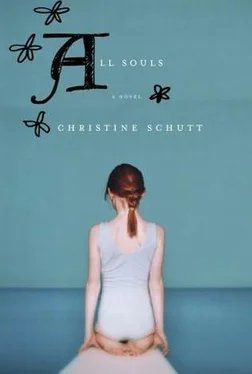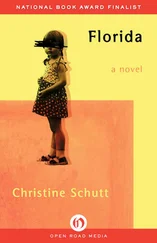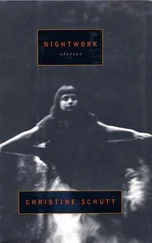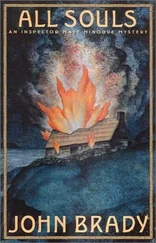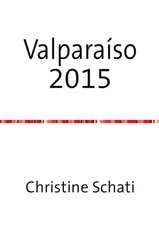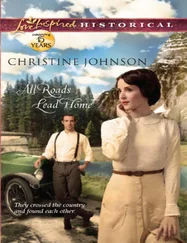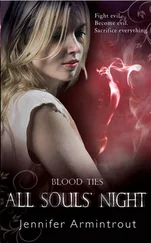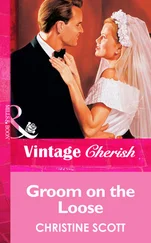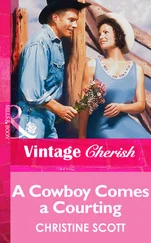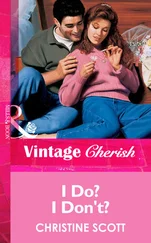Marlene Kovack said… didn't say really, mumbled.
Alex and Suki
"Bite me," Suki said.
"I know," Alex said, and they shoved closer together on the red block, smoking, and talked about Astra Dell, how the day after her mother's funeral, Astra Dell had come back to school, and that was typical of Astra, wasn't it? "She's perfect."
On this damp day, Alex and Suki saw so many mothers with and without babies passing the red block on their way to the expensive coffee shop with its sea-coast cottage interior. There they all were, the young women in oversize barn coats and tight pants and narrow sling-backs they wore sockless. Such were the signs of ease. Wrist-size ankles, bones, bones, blushed faces, woodsy hair. Pedigreed dogs, rare breeds. See the chocolate Sussex spaniel in his puddled leash outside the store? "Woof to you!" Suki said to the midmorning mothers, and Suki wiggled — she always did this in passing — she flitted a little ass in her rolled-up uniform skirt on her way back to school, recess over. In the hallways the worn-away mothers were giving parent tours.
Siddons
Miss F, after lunch, on the elevator, kept herself aloof in the corner to avoid any sudden moves of the dangerous seniors stooped by the weighty, sharp weaponry of books they carried on their backs. "Watch, watch," Miss F said, making her way out. Four from the class of '97. They seemed happy enough though her own students protested their despair. Unhappiness weighs more, of course, not that Miss F had known it. Now this, this wonderful girl, Astra Dell, was sick. For the class of '97, the year would be marked by this event and its outcome. Pray heaven, the girl lives.
Alex and Suki
Alex Decrow bought a box of cards and left one on quick Quirk's desk: a duck with the message, "You quack me up." Alex had drawn a line through the word Valentine and written above in bold caps QUIRK.
"Alliteration. That ought to help your cause with our college counselor," Suki said.
"I just want to get it straight with her who I am and where I want to go to college."
Mothers
Mrs. Van de Ven, whenever she gave a school tour, knew at least some of what was happening on that day. "And a lot happens," she explained to the couple as they stood in the lunchroom. Middle-school soccer, council, upper-school morning meeting, JV volleyball vs. Norris-Willet, varsity volleyball vs. Norris-Willet, Diversity Book Club. The Dance Concert was already in the making, and ahead were the spring musical, Gilbert and Sullivan, and the class-eight play with the Alford boys. Mrs. Van de Ven gave the couple copies of the Quill and Folio, the middle- and upper-school literary magazines. "Award winning," she said. Other publications included the school newspaper, the Siddons Observer, and the yearbook. Lots of clubs, a Rainbow Coalition — gender issues, Mrs. Van de Ven said, dropping gender issues into the soup of the tour as with a slotted spoon, carefully. Gospel Choir, Knitting Club, Save Tibet. Community service obliged girls to work outside the school at soup kitchens, hospitals, nursing homes, schools. Sixty hours needed to graduate. Mrs. Van de Ven said that yes, hard to believe, this was her last year as a Siddons parent. "Next year I'm a past parent. It makes me kind of sad. I feel as if I'm graduating myself, and in a way, I am."
CHF
The skipped lunch entitled Car to a Tasti D-Lite, and it wasn't too cold for a Tasti D-Lite, but it also meant that after the cone she would have to run the reservoir. Dinner was never really a problem. Her mother usually said okay to most of what Car did. Okay from her mother with a hurt expression. Last night, the night before, any night with her mother was dangerous. The way they sat, each at her end — a centerpiece, a mound of acid greens and champagne grapes, antiqued hydrangeas as from another century, was pushed back a little. "The better to see," her mother said, and her expression at the other end of the table was skeptical or indifferent. Her mother sat erect with her wrists against the edge of the table, hands prayered, nails red. No plate at her mother's place. Her mother wasn't hungry. Oh, all this about her mother! Car had forgotten her mission, and she walked back up the street again, passing classmates carrying frothy coffees. With Astra sick, Car was on her own. This was what it would feel like in France with her father in the spring: tromping in oversize boots through rooms that echoed.
So another letter in her head started to Astra, another explanation, but then what? Talking, talking, talking about herself. Originality was hard to come by on Fifth Avenue, walking north, park side, under the dark overhang of trees in an odd and balmy patch of late October. Noon now, lunch now, and Car on a walk. What could she say to Astra in the moment that would not be wrong? How could she write to Astra about the clean out-of-doors and how rarely happy she was in it?
Fathers
As Dr. Byron had explained, Astra was still growing. The environment for the nasty cells was as nourishing as school. Dr. Byron had assured Mr. Dell that they could talk anytime. Where was Grace to take notes? Anaplastic high-grade fibrosarcoma, a rare connective tissue cancer: What was he to make of these words, he, a lawyer? "Fuck," he said, "Goddamned, mother fuck," and he went on cursing on the street. Mr. Dell was not a man to swear. He moved to hail a cab, then decided he would walk the forty blocks he had to home.
Unattached
Anna Mazur said the teachers' lounge smelled of the movies, and Tim Weeks agreed and asked did she want to take a walk? The day was blue; the trees were in a flap. Fall color, October.
"Davidenja!" Tim Weeks said to one of the cleaning women as he and Anna Mazur passed an open door along the hall on their way out. Then Tim Weeks was smiling and looking only at her again, saying, "That's the only expression I know. I think it means 'good night.'"
Tim Weeks smiled at her; nonetheless, Anna Mazur continued to talk about her brother. His cancer — also rare. "My mother put her hands on his face, and that was the beginning of the end," Anna Mazur said then, "Why am I talking like this on such a beautiful day?"
Siddons
Lisa stood to address them and said that Astra Dell was devoted to dance and was a senior and a survivor — Lisa was not — but that some of the other seniors in Dance Club, Kitty Johnson and Ufia Abiola, were survivors. They had known Astra from the beginning. Alex Decrow and Suki Morton were survivors, too, though they were outside at the red block, smoking. Edie Cohen, who came to Siddons in seventh grade, and Kitty and Ufia sat on the floor, arranging themselves into blown-out, solemn flowers, and sounded assent that something nicer than flowers should be sent. Something done but what?
"I've got some ideas," Lisa said.
I can't believe it: the chorus in the senior lounge, Dance Club members packing up for home. Some stories were told, and one in particular because it had happened to so many of them. Eighth grade, the Shakespeare play with the boys from Alford. Francesca Fratini was Helena — in heels, almost six feet tall, using Will Bliss as a shield — she was very funny, but Francesca was always funny.
Will Bliss was another story. Talk about conceit.
Will Bliss, eighth grade, even then a boy of lovely shape and wavy hair he wore behind his ears. Will Bliss! Preposterous name!
"Everyone had a crush on him!"
"Had?" Alex said. "Speak for yourself!"
Will Bliss and Astra Dell broke up because of Car.
"I don't understand that relationship," Lisa said.
"Astra is loyal."
Читать дальше
